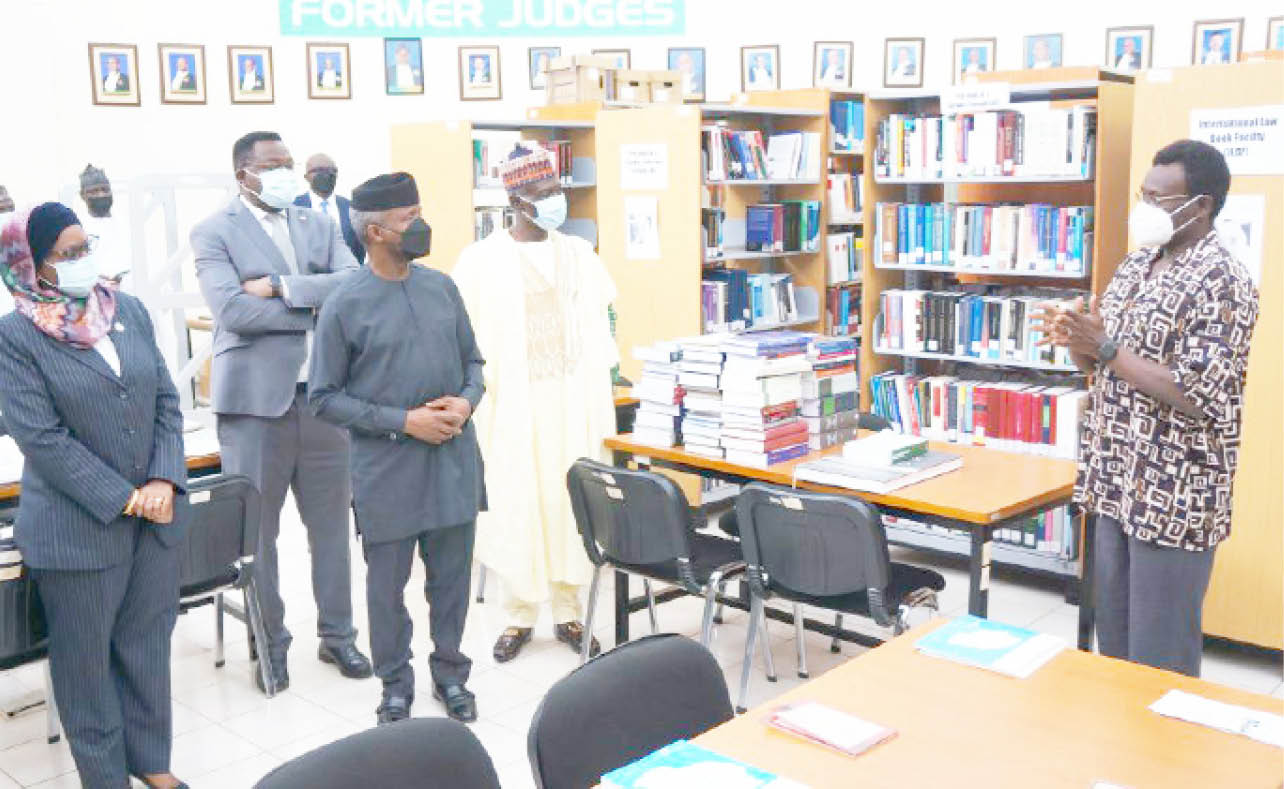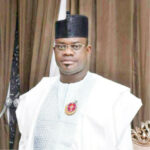The African Court on Human and Peoples’ Rights in Arusha, Tanzania, on October 1 concluded its 62nd Ordinary Session with 10 major decisions bordering on serious human rights violations.
Overseen by the new President of the court, Lady Justice Imani Daud Aboud, following the exit of Justice Sylvain Ore, the session sat between September 6 and October 1 2021 and was streamed live on YouTube.
Some of the decisions by the court include Application 003/2015 – Kennedy Owino and another v. United Republic of Tanzania (Reparations); Application 029/2015; Yusuph Hassan v United Republic of Tanzania (Ruling on Jurisdiction and Admissibility); Application 001/2016 – Chrizostom Benyoma v. United Republic of Tanzania (Merits and Reparations); Application 018/2016 – Cosma Faustin v. United Republic of Tanzania (Merits and Reparation); and Application 024/2016 – Amini Juma v. United Republic of Tanzania (Merits and Reparations).
Others are Application 026/2016 – Benard Balele v. United Republic of Tanzania (Merits and Reparations); Application 047/2016 – Ladislaus Onesmo v. United Republic Tanzania (Merits and Reparations); Application 002/2017 – Ernest Karatta and Others v. United Republic of Tanzania (Merits and Reparations); Application 011/2019 – Yusuph Said v. Tanzania (Ruling on Jurisdiction and Admissibility in default); and Application 006/2020 – Ghaby Kodeih v. Republic of Benin (Ruling on Jurisdiction and Admissibility).
In the application by Kennedy Owino Onyachi and Charles John Mwanini Njoka v. United Republic of Tanzania, the Court found that the Kenyans’ rights have been violated.
Owino Onyachi and Njoka had applied to the court alleging that their rights to equality and equal protection of the law, liberty, and security, freedom against torture and ill-treatment, and their right to a fair trial had been violated by the United Republic of Tanzania.
They asserted that the said violations occurred after being illegally arrested and extradited from Kenya to Tanzania and convicted of robbery based on improperly obtained evidence.
The applicants claimed not provided with legal assistance in the domestic proceedings despite being lay and indigent.
After consideration of the submission, the Africa Court ordered their release from jail.
“Taking these factors into account, and the specific circumstances of the case, including the nature of the established violations and the fact that the applicants are imprisoned in a foreign country far from their homes and families, the court held that there were compelling reasons to order the applicants’ release. Accordingly, the court granted their prayer to be set free from prison,” the court ruled.
In the application by Ladislaus Onesmo seeking reparation against the United Republic of Tanzania, the court declined to hold that his fundamental rights have been breached and require a remedy because it could not decide that his conviction was illegally imposed.
The court also rejected the material loss claimed by Onsemo, for himself and his beneficiaries, as he had failed to demonstrate the link between the violation found and the loss suffered.
The court, however, exercising judicial discretion in equity, awarded the applicant 4 million Tanzanian Shillings for the moral prejudice he suffered as a result of violations found of his right to life, dignity and to be tried within a reasonable time.
The court ordered the Tanzanian government to pay the said amount free from tax within six months of the notification of the judgment and report to the court on the implementation thereof every six months until full implementation.
Following the adoption of the protocol for its establishment on June 9, 1998, the court was set up on 25 January 2004 as the judicial arm of the African Union and one of the three regional human rights courts together with the European Court of Human Rights and the Inter-American Court of Human rights.
The Court has 11 justices including Nigeria’s Lady Justice Stella Anukam. Others are Justice Blaise Tchikaye (Vice President, Congo); Ben Kioko (Kenya); Rafaa Ben Achour (Tanzania); Ntyam Ondo Mengue (Cameroun); Marie Therese Mukamulisa (Rwanda); Tujilane Rose Chzumila (Malawi); Bensaoula Chafka (Algeria); Dumisa Ntsebeza (South Africa); and Sacko Modibo (Mali).
The court’s ordinary sessions hold four times a year and it can also hold an extraordinary session.

 Join Daily Trust WhatsApp Community For Quick Access To News and Happenings Around You.
Join Daily Trust WhatsApp Community For Quick Access To News and Happenings Around You.



